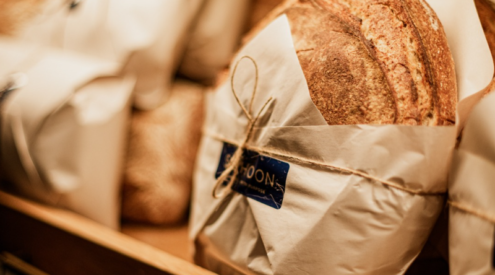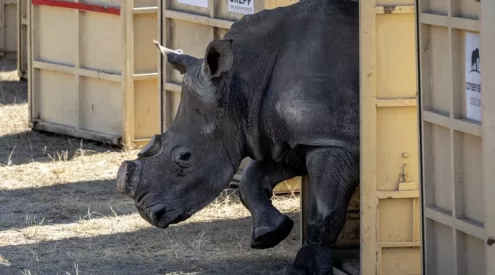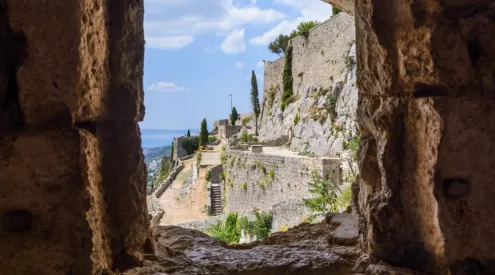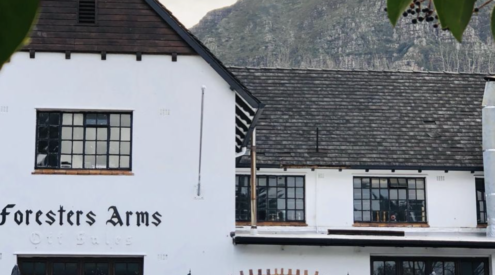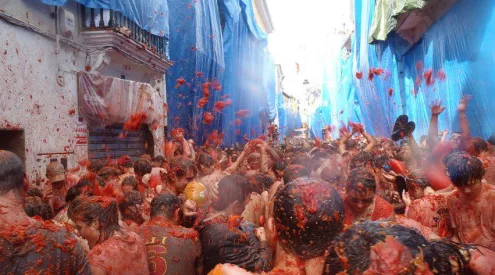The festivities around the world celebrating Easter are often unparalleled, due to regional influences. Variations straddle almost all the aspects of the Easter celebration, like what is eaten, the symbols, the fantasies, and the traditions. While we may be used to the Easter bunny, Easter egg hunts, and toasted hot cross buns, around the world this holiday is celebrated very differently.
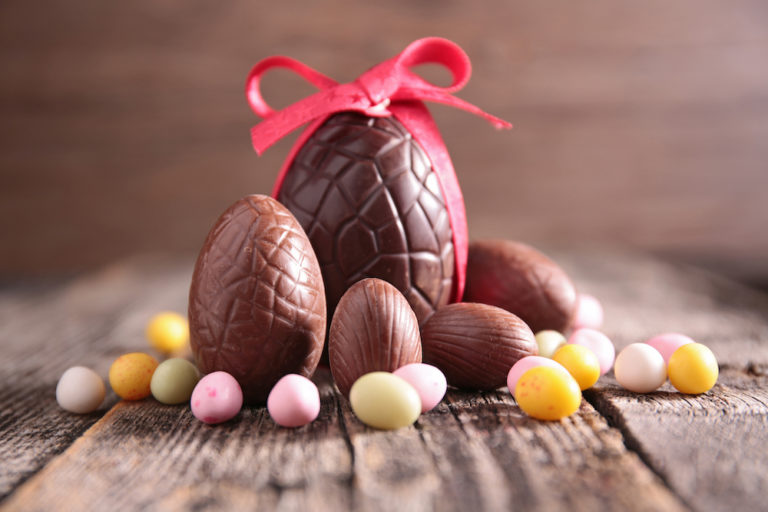
Mazanec, Easter gingerbread, and Easter Ram Cake in Czech
Czechs eat ‘Mazanec’, a special Easter food, which is a yeast-raised cake filled with almonds, raisins, and citron. A cross is cut into the top of the cake, just before it goes into the oven. Easter gingerbread, Easter Ram Cake, Judas Cake, and ‘God’s Mercy’ (a type of doughnut sprinkled with sugar) are some delicious traditional recipes, eaten during Easter.
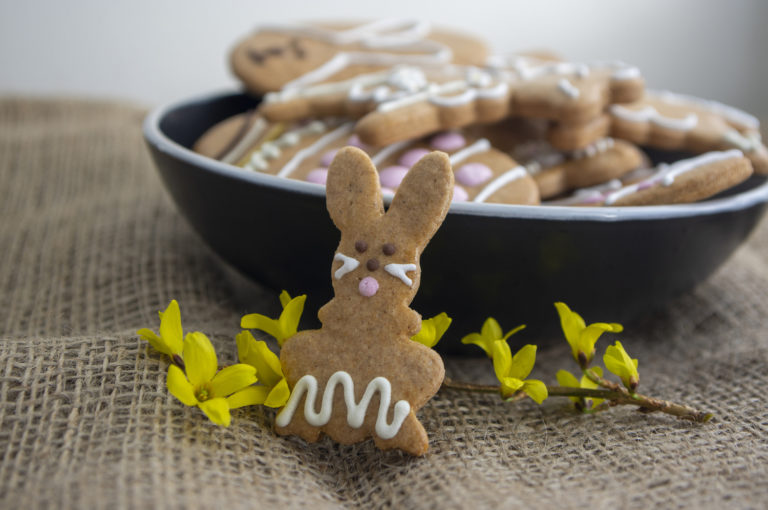
Steak, egg and diaper Cake in Romania
After Great Friday (or Good Friday), Romania attends mass where they take bowls of Pasca (steak and egg) to be blessed and eaten. A special Easter cake, also known as Pasca, is baked on Great Thursday.
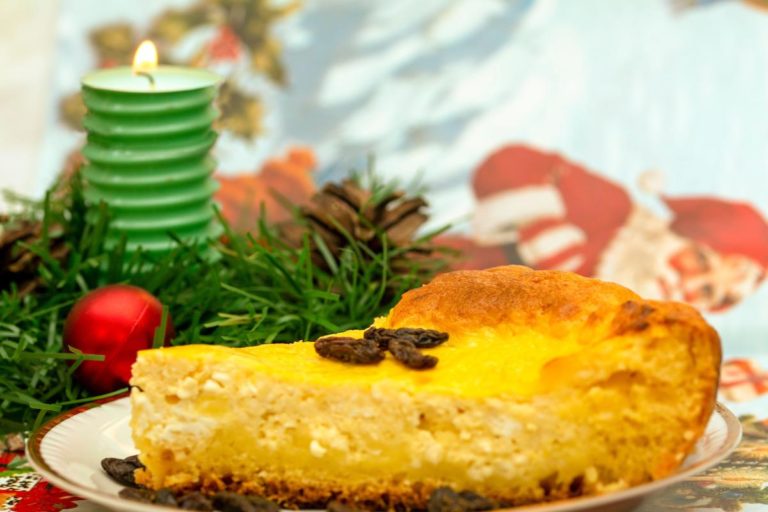
Romanian pasca or cheese pie
Red egg crack in Bulgaria
With their dyed red eggs, a unique Bulgarian tradition is that eggs are to be cracked against the wall of the church after their midnight service, a symbol that lent/fasting is over. The Bulgarian ‘good luck crack’ is where people take turns in tapping their eggs together with the last person having an unbroken egg having good luck, health, and success for the rest of the year.
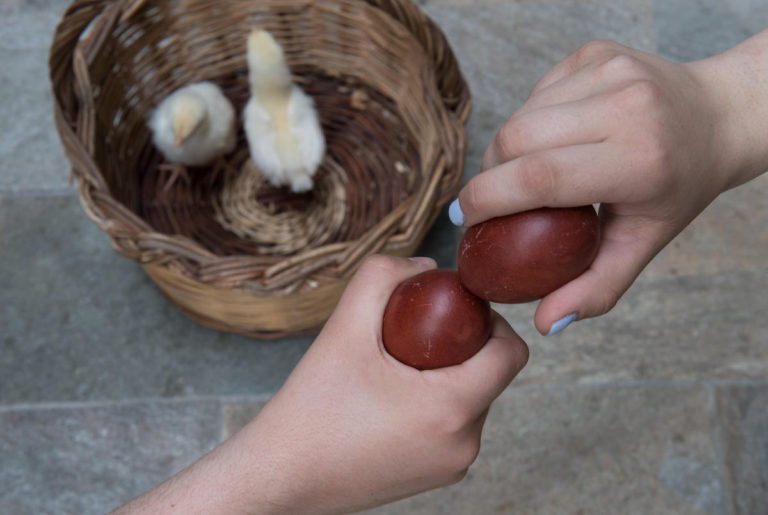
Easter is not complete in Bulgaria without a feast. Traditional recipes include ‘Banista’ (Bulgarian pastry), ‘Palachinki’ (a type of pancake), ‘Baklava’, and ‘Wine Kebap’, which the whole family enjoys together.
Flying bells and fish in France
Flying Bells is a folktale or story about how all the church bells in France fly to the Vatican on Good Friday. In keeping with tradition, French church bells do not ring from Good Friday to Easter morning.
Secret letters in Denmark
Other than decorating their towns and cities in yellow and green with daffodils and décor on Easter, people in Denmark also take part in a letter-writing tradition. ‘Gækkebreve’ or teaser letter is a short poem or rhyme that is anonymous but signed with dots corresponding to the number of letters in the sender’s name. The receiver of the poem needs to guess who the sender is and give an egg to them after a certain time. Children take part in this activity willingly with friends and family.
Easter lunch is served with herrings, fish, little hot dishes, sliced meats, and cheese. The traditional Danish feast is considered incomplete without relishing the enticing akvavit (flavored spirit), meatballs, and ‘store koldt bord’.
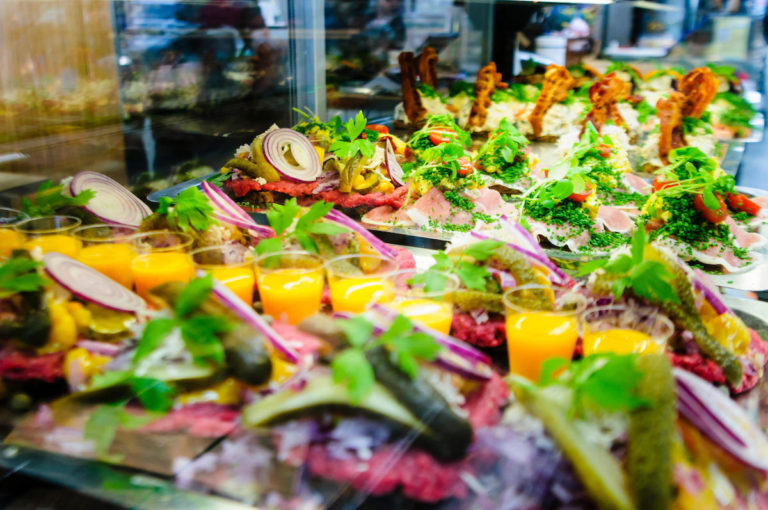
Danish Smorrebrod/ Koldt bord
Easter egg tree in Germany
Germany is regarded as the birthplace of modern-day Easter icons such as the Easter bunny (Osterhase) and the Easter tree. German children are told about the Easter bunny which has hidden eggs and chocolates for them to find. German immigrants have been said to have brought such traditions to America.
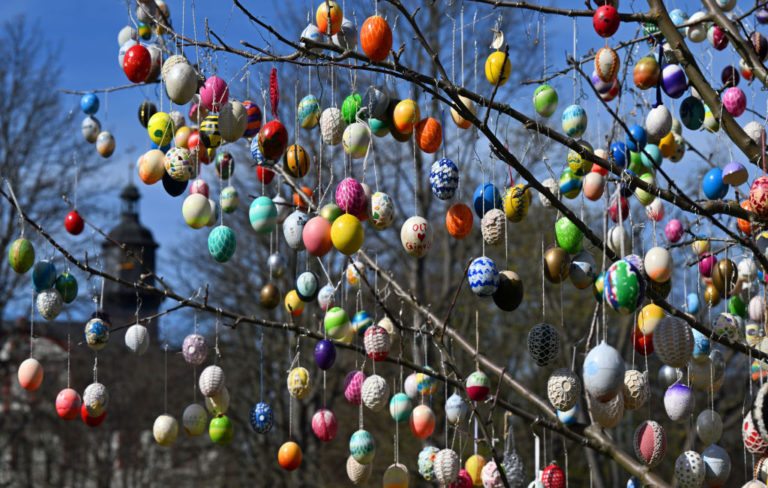
The tradition of egg tree is popular in Germany and the eggs used for cooking Easter meals are not broken, but emptied by blowing the contents into a bowl, through pinholes. The hollow eggs are then beautifully decorated and hung from shrubs and trees, during Easter week.
Fire lighting in the tomb in Israel
During Easter, many processions are held in Israel. People travel the route of Jesus Christ’s journey to Golgotha. The route is referred to as the ‘Twelve Stations’ of the Cross.
At one o’clock in the afternoon on Easter day, the church leader goes into the tomb and the doors are closed after him. The lights of the entire city are switched off and, as the church leader comes out with a burning torch, bells around the city begin to ring. Easter celebrations assume more religious significance in Israel than feasting and celebrations.
Halloween during Easter in Sweden
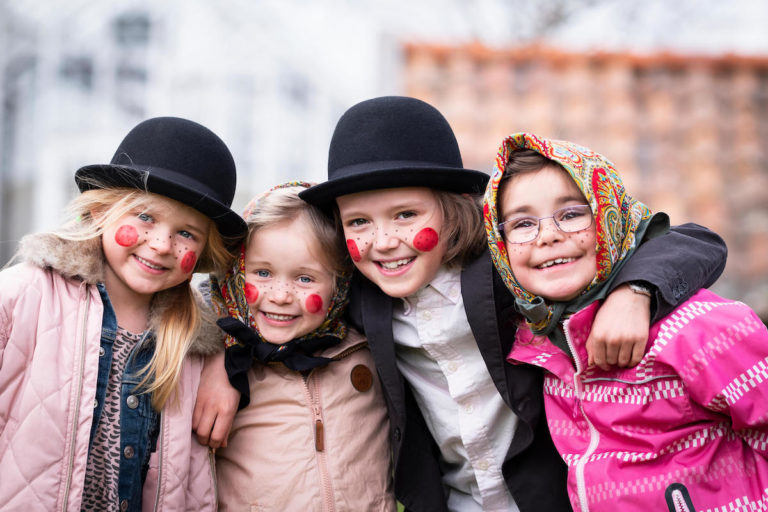
Children dressed up as Easter witches with long skirts, colorful headscarves, and painted red cheeks, go from house to house in the neighborhood and present the occupants with paintings and drawings in the hope of getting sweets in return. According to Swedish folklore, during Easter, the witches fly to Blåkulla (Blue Mountain) to meet the devil.
People commonly decorate their homes with birch twigs, while some even decorate with feathers and flowers.
The traditional Easter brunch consists of different varieties of pickled herring, cured salmon, and Jansson’s Temptation (potato, onion, and pickled sprats baked in cream).
Sweet feast in Canada
Decorating Easter eggs is an activity usually done by children at school or home. Canada takes part in Easter egg hunts, where families take part in searching for hidden chocolate eggs in a garden. Canada created the world’s largest Easter egg in 1975, which consisted of huge jigsaw puzzle pieces, with 524-star patterns and 2206 equilateral triangular blocks.
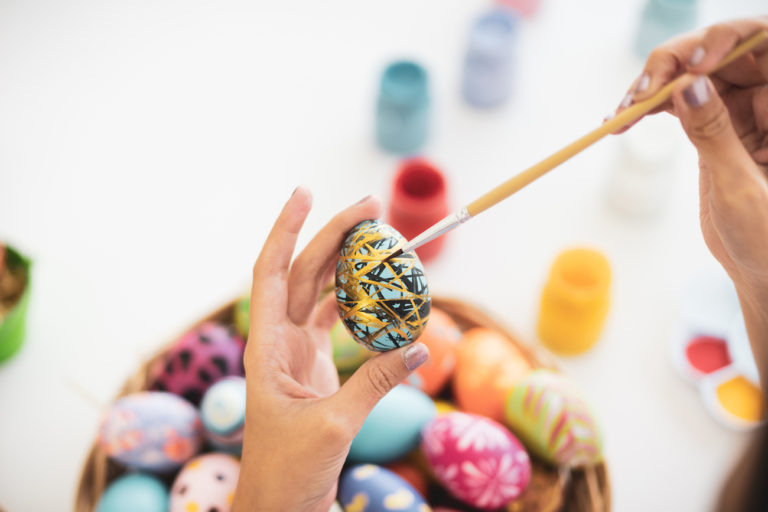
The traditional feast in Canada consists of Maple Baked Beans, Potatoes Nicoise, Cape Breton Scones, and Apple Tart. Eggs are consumed by mixing them with maple syrup, after fasting is over.
Blessing the basket in Poland
The “blessing basket” is one of the unique Easter traditions in Poland. The blessing basket is prepared the Saturday before Easter Sunday. The basket, stashed with coloured eggs, bread, cake, salt, pepper, and white-coloured sausages, is taken to the church to have it blessed. This tradition stems from the belief that the Great Lent, which is the forty-day fast before Easter, is not over until the basket has been blessed.
Pictures: GettyImages and Alamy
ALSO READ: Spend your Easter holidays soaking up all that KZN has to offer
Follow us on social media for more travel news, inspiration, and guides. You can also tag us to be featured.
TikTok | Instagram | Facebook | Twitter

